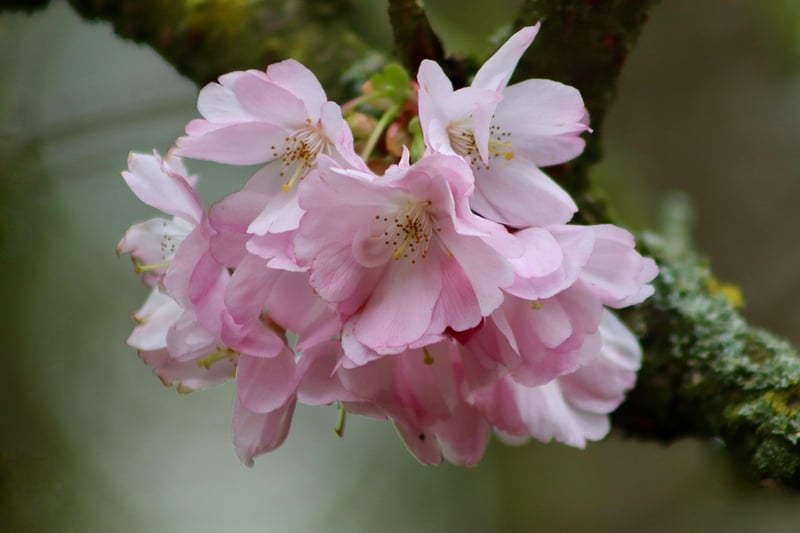Preventive Measures
Protecting Your Plants: Essential Preventive Measures
Plants are not just decorations; they are living organisms that contribute to the environment and our well-being. To ensure the health and longevity of your plants, it's crucial to take preventive measures to protect them from various threats. Here are some essential tips to safeguard your beloved plants:
1. Choose the Right Location
Make sure to place your plants in an area that suits their sunlight and water requirements. Proper placement can help prevent stress and diseases caused by environmental factors.
2. Water Wisely
Overwatering or underwatering can be detrimental to plants. Be mindful of the watering needs of each plant species and adjust accordingly. Consider using a drip irrigation system for efficient watering.
3. Mulch for Protection
Applying mulch around your plants can help retain moisture, regulate soil temperature, suppress weeds, and prevent soil erosion. It also acts as a protective barrier against pests.
4. Regular Inspections
Inspect your plants regularly for signs of pests, diseases, or nutrient deficiencies. Early detection allows for prompt intervention and prevents problems from escalating.
5. Prune Properly
Pruning is essential for plant health and aesthetics. Remove dead or diseased branches to promote growth and airflow. Pruning also helps prevent overcrowding and reduces the risk of infections.
6. Use Natural Pest Control
Avoid harsh chemicals that can harm beneficial insects and wildlife. Opt for natural pest control methods like neem oil, insecticidal soap, or introducing predator insects to keep pest populations in check.
7. Provide Nutrient-Rich Soil
Healthy soil leads to healthy plants. Enhance soil fertility by adding organic matter like compost or aged manure. Balanced soil provides essential nutrients for plant growth and strengthens their natural defenses.
8. Install Physical Barriers
Protect your plants from larger pests like deer or rabbits by installing fences or barriers. Physical barriers can deter animals from accessing your garden and causing damage.
9. Monitor Environmental Conditions
Be aware of weather patterns and environmental changes that can impact your plants. Take precautions during extreme weather events such as frost, heatwaves, or strong winds to shield your plants from harm.
By implementing these preventive measures, you can create a resilient and thriving garden that brings joy and beauty to your surroundings. Remember that proactive care and protection are key to the well-being of your plants.

Image Source: Pixabay
